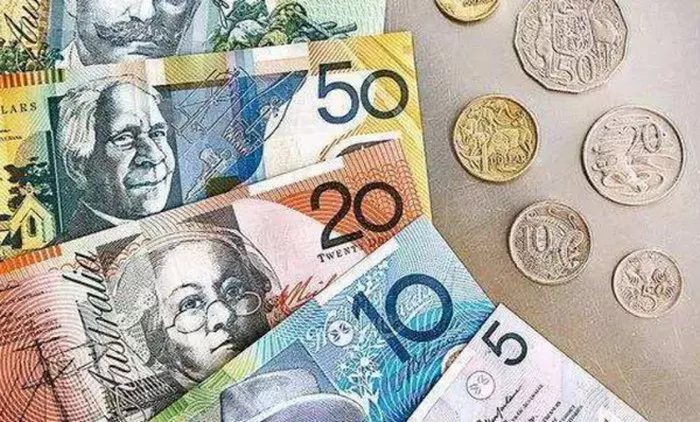The Australian dollar (AUD) has long been recognized as one of the strongest and most resilient currencies in the global market. Investors, economists, and policymakers alike have consistently observed the Australian dollar’s performance with curiosity and interest. In this article, we delve into the various factors that contribute to the strength of the Australian dollar, shedding light on the economic, geopolitical, and market dynamics that shape its value.
Robust Economic Fundamentals
At the core of the Australian dollar’s strength lies the country’s robust economic fundamentals. Australia has maintained a commendable track record of economic stability, low inflation, and steady GDP growth. The country’s commitment to prudent fiscal and monetary policies has garnered the confidence of global investors. Additionally, Australia’s well-regulated financial system and transparent governance contribute to the perception of the Australian dollar as a reliable and secure currency.
Commodity-Driven Economy
Australia is a resource-rich nation with a significant reliance on commodity exports, particularly in sectors such as mining and agriculture. The country is a major exporter of iron ore, coal, natural gas, and agricultural products. The demand for these commodities, especially from emerging economies like China, plays a pivotal role in supporting the Australian economy and, consequently, the strength of its currency. When global demand for commodities is high, the Australian dollar tends to appreciate.
Strong Trade Surpluses
Australia consistently maintains trade surpluses, meaning that the value of its exports exceeds that of its imports. This positive trade balance contributes to a net inflow of foreign currency, boosting the demand for the Australian dollar. The resilience of Australia’s trade position enhances the attractiveness of the currency for international investors seeking stable and lucrative investment opportunities.
Interest Rate Differentials
Interest rates are a crucial determinant of a currency’s strength, and Australia has often boasted relatively high interest rates compared to other developed economies. The Reserve Bank of Australia (RBA) has pursued a conservative monetary policy, adjusting interest rates to maintain price stability and economic growth. Higher interest rates attract foreign capital seeking better returns, leading to an increased demand for the Australian dollar.
Political and Economic Stability
Investors are naturally drawn to countries with stable political environments and predictable economic policies. Australia’s stable political landscape and commitment to maintaining a business-friendly environment have earned it a reputation as a safe haven for investment. The absence of major political upheavals and the government’s focus on economic reforms contribute to the resilience of the Australian dollar.
Global Risk Sentiment
The Australian dollar, often referred to as a commodity currency, is sensitive to changes in global risk sentiment. During periods of economic uncertainty or global financial market turmoil, investors may flock to safe-haven currencies like the US dollar or the Japanese yen. However, when risk appetite is high, the Australian dollar tends to benefit due to its association with commodities and higher-yielding assets.
China’s Economic Influence
China’s economic growth has had a profound impact on the Australian dollar. As one of Australia’s largest trading partners, China plays a pivotal role in shaping the Australian economy. Strong demand from China for Australian commodities, as well as ongoing economic ties, contributes significantly to the strength of the Australian dollar. Any developments in the China-Australia economic relationship can have a direct impact on the currency.
See Also Is it Cheaper to Buy Australian Dollars in Australia?
Conclusion
The strength of the Australian dollar is a multifaceted phenomenon, rooted in the country’s robust economic fundamentals, commodity-driven exports, and strategic geopolitical positioning. A combination of factors, including interest rate differentials, political stability, and global risk sentiment, further contributes to the resilience and attractiveness of the Australian dollar in the international currency market. As investors continue to navigate the complexities of the global economy, understanding the underlying dynamics of the Australian dollar’s strength becomes essential for making informed financial decisions.


